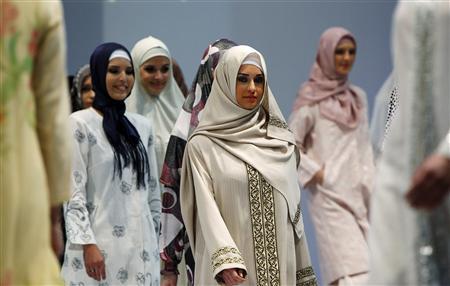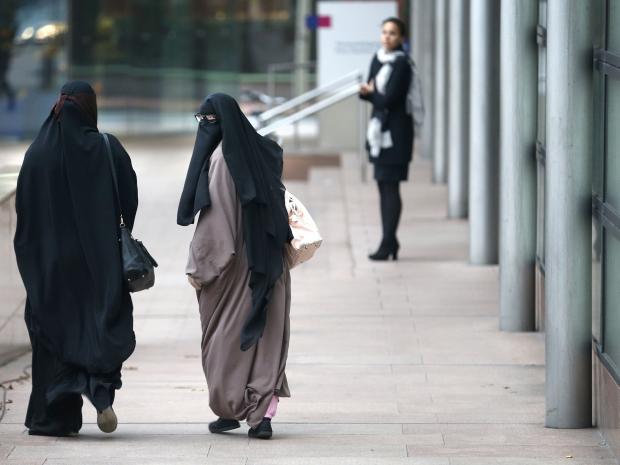
The counselor representing the Syrian woman said that the order was made for divorce proceedings in the district court of Luckenwalde, Bradenberg. She also said that the letter warned of legal action against her client if she does not comply but also ordered her to appear in person to present her case against her husband.
Stuck in a contradiction, Najat Abokal accused the judge of acting ‘unconstitutionally,’ the Tagesspiegel newspaper reported. She said she would contest the order amid fierce debate over Islamic dressing in Germany. One of her colleagues confirmed the information to The Independent but said no further comment could be given while the case continued.
Austria to ban full-face veil in public places
A spokesperson for the district court in Luckenwalde said they could not comment, saying the judge was responsible for conduct within the courtroom. The district court defended the decision, telling Tagesspiegel that the judge “is responsible for ensuring rules are adhered to in the courtroom, where religious symbols have no place.”
The German parliament has voted in favour of a partial ban on the burqa and other Islamic veils that cover the face, while existing “neutrality” laws can be used to forbid the wearing of any religious or political symbols by some judicial officials.
However, these restrictions do not apply to witnesses, claimants, victims or any other participants in legal proceedings, while a 2006 ruling by the Federal Court found that a judge had no right to throw out a spectator for wearing a headscarf.
The judge wrote to the Berlin-based attorney Abokal in the charge for the deadline on July 27: "It is pointed out and at the same time requested attention on the occasion that religiously motivated statements such as the headscarf" in the courtroom and during the trial "are not allowed," reported Tagesspiegel.
Klaus F Gärditz, a law professor at Bonn's Friedrich-Wilhelms University, described the letter as an attempt to 'humiliate' the woman that violates freedom of religion. He accused the judge of “pursuing provincial racism and sexism under the pretext of following legal procedures”, noting that only women were affected by such orders in an article for the Legal Tribune Online.
Angela Merkel announced her support for the banning of the veil in December, saying that full-face veils were “not acceptable in Germany”, and calling them to be banned “wherever it is legally possible.”
Some right-wing politicians have called for a full ban on the burqa in public, which has been imposed in France and Belgium, but ministers have said a blanket prohibition would violate the country’s constitution. A poll carried last year showed that 81 per cent of Germans supported a ban on the burqa within public institutions.
Concerns are on the rise about public integration after the arrival of millions of asylum seekers who are from Middle Eastern countries and Syria. Dutch MPs voted for a similar prohibition in the Netherlands last year, covering public transport, education, healthcare and government buildings, punishing any infractions with fines.
Morocco bans production and sale of burqas: reports
Since France implemented such a law in 2011, countries across Europe began to indulge in debate over whether there should be a ban on full-face veils elsewhere as well, including Belgium and Bulgaria. Partial bans have been implemented in Austria, parts of Spain, Italy and Switzerland.
Attempts to ban female employees from wearing headscarves and veils have sparked several legal cases, which have so far seen the European Court of Human Rights and European Court of Justice support national prohibitions.
In the UK, an estate agent is suing her former employer at a tribunal after she was allegedly told to remove her black hijab because it had “terrorist affiliations”.
This article was originally published in Tagesspiegel











































COMMENTS (12)
Comments are moderated and generally will be posted if they are on-topic and not abusive.
For more information, please see our Comments FAQ